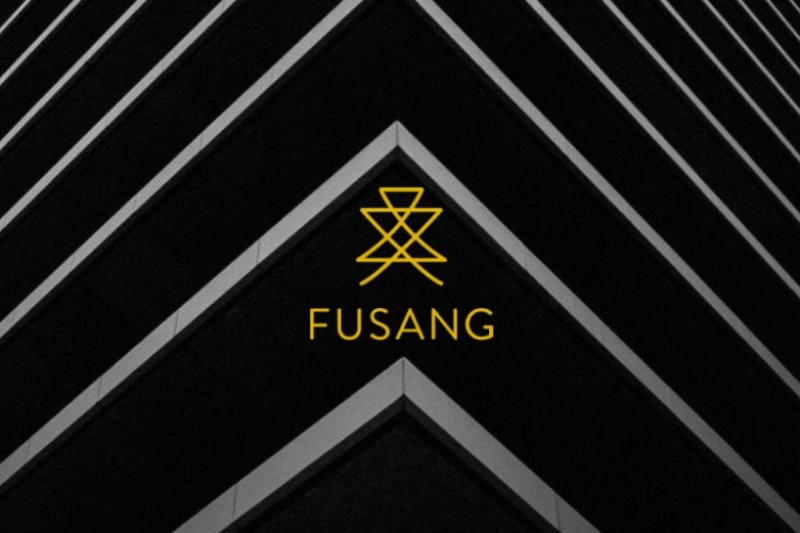
Hong Kong-based Fusang Group announced receipt of approval for a Securities Exchange license from the Labuan International Business and Finance Centre (IBFC), based in Malaysia. Fusang Exchange will be the first fully licensed Asian securities exchange with a focus on digital assets. The group is a provider of asset management services to affluent families and individuals in Asia.
Traditional companies try tokenization
Fusang CEO Henry Chong noted that the Asian securities exchange would promote tokenization as an option for traditional companies holding real assets, while also simplifying trading of digital securities, crypto, and fiat currencies on a single platform.
According to Chong, “…it’s natural that the focus of traditional exchanges has always been on larger companies. But companies that want liquidity in their stock, along with owners of real assets such as real estate, can consider the benefits of listing on our exchange.”
Operations are expected to begin in the second half of 2019. Currently, Fusang Exchange is focused on developing its platform technology and on fulfilling the regulatory licensing requirements stipulated by the Labuan IBFC.
This is not the first crypto venture of the company, that recently increased its involvement in fintech and crypto investments. Last July the family office launched ‘Fusang Vault,’ a custody service for cryptocurrency-denominated assets managed by institutional investors.
Rising competition
The company may be running out of time to capitalize on its early start, as it is expected to be facing stiff competition from the Stock Exchange of Thailand, that began negotiations with the Thai Securities and Exchange Commission to receive their license for a new digital exchange. The SET hopes to launch the exchange by the end of 2019.
The new exchange is one of several investments companies that have scaled up in Asia following a series of stringent rulings from the European Securities and Markets Authority (ESMA). A number of expert panelists at the iFX EXPO Asia 2019 conference in January confirmed that this region had seen a significant influx of both new financial services firms, as well as an increased number of both retail and institutional traders, as European brokers and exchanges search for business in more lenient jurisdictions.
(Photo: Fusang)

